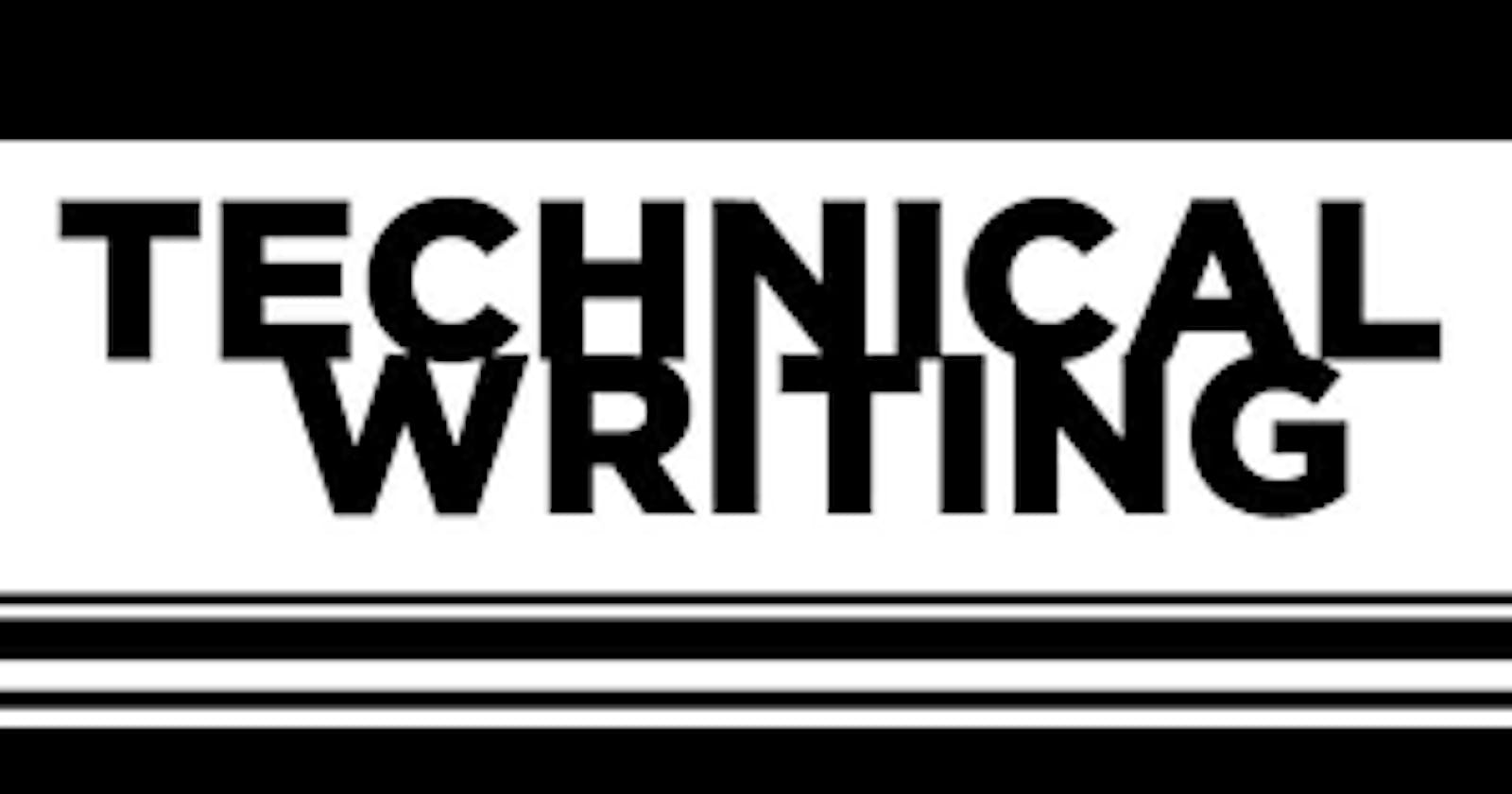Emerging Trends in Technical Writing: Impact of new technologies and evolving industry standards.
What is Technical Writing?
Technical writing is the art of explaining complex information to simpler information to the audience. It has long been a major component of various industries. In recent years, the field of technical writing has seen significant changes driven by new technologies and evolving industry standards.
In this article, you will explore some of the most important trends in technical writing today and the significant impact they have on the profession.
These important trends are:
- The increasing use of digital tools and platforms
One of the most significant trends in technical writing is the increasing use of digital tools and platforms. Technical writers are now using a wider range of tools to create, edit, and publish their documents. These tools can help technical writers to save time and improve efficiency, as well as to create more engaging and interactive content. Some of these tools are Google Docs, Grammarly, and Snipping tools. Read more about digital tools
- The use of artificial intelligence and machine learning
Another key trend in technical writing is the use of artificial intelligence (AI) and machine learning (ML). You can use AI and ML to automate certain tasks in technical writing, such as generating summaries of long documents, identifying common errors or mistakes, or formatting text consistently. This can help technical writers to save time and improve efficiency, also to reduce the risk of errors or inconsistencies.
3. The rise of collaborative documentation
In the past, technical writing was often seen as a lonely activity. But, in recent years, there has been a growing trend toward joint documentation. Joint documentation helps to improve the quality of technical information and also to ensure that it is more available to the audience.
4. The need for more user-centric content
As technology continues to evolve, users are demanding more easy content. This means that technical writers need to create content that is easy to understand and use. The only way you can achieve this is to use clear and concise language, provide visual aids, and use interactive features when writing. They conduct user research, and usability testing, and gather feedback to understand user opinions and points better.
- Continuous Learning and Skill Development:
As technology evolves, technical writers must keep pace with the latest trends, tools, and industry standards. Continuous learning and skill development have become crucial for staying relevant. Technical writers are learning new tools, attending training and conferences, and participating in online communities to enhance their knowledge and improve their craft.
6. Increasing the use of interactive and visual content.
Technical writers are using tools like interactive diagrams, videos, and simulations to create more engaging and informative documentation. This is especially important in industries where complex products or systems are being used, such as healthcare, manufacturing, and engineering.
The Impact Of Evolving Industry Standards
Besides new technologies, technical writers are also facing the challenge of evolving industry standards. For example, the ISO 25746 standard for technical documentation is being updated to reflect the latest trends in the field. This means that technical writers need to be familiar with the latest standards to create compliant documentation.
The Future of Technical Writing
The future of technical writing is bright. The demand for technical writers is expected to grow in the coming years, as more and more businesses rely on technical documentation to support their products and services. Technical writers who can embrace new technologies and industry standards will be well-positioned for success in the years to come.
Here are some of the key skills that technical writers will need in the future:
- Strong writing and editing skills
- Knowledge of technical topics
- Ability to use new technologies
- Understanding of industry standards
- Ability to collaborate with cross-functional teams
- Ability to think strategically and solve problems
The field of technical writing is evolving, and there are always new opportunities for technical writers to learn and grow. By developing the right skills and staying up-to-date on the latest trends, you can ensure that you have a successful career in technical writing.
In Conclusion,
The field of technical writing is a dynamic and ever-changing one. By staying up-to-date on the latest trends, you as a writer should ensure that you are providing your clients with the best possible service. The trends discussed in this article are just a few of the many that are shaping the future of technical writing. As technology continues to evolve, technical writers will need to be adaptable and creative to meet the needs of their clients.
